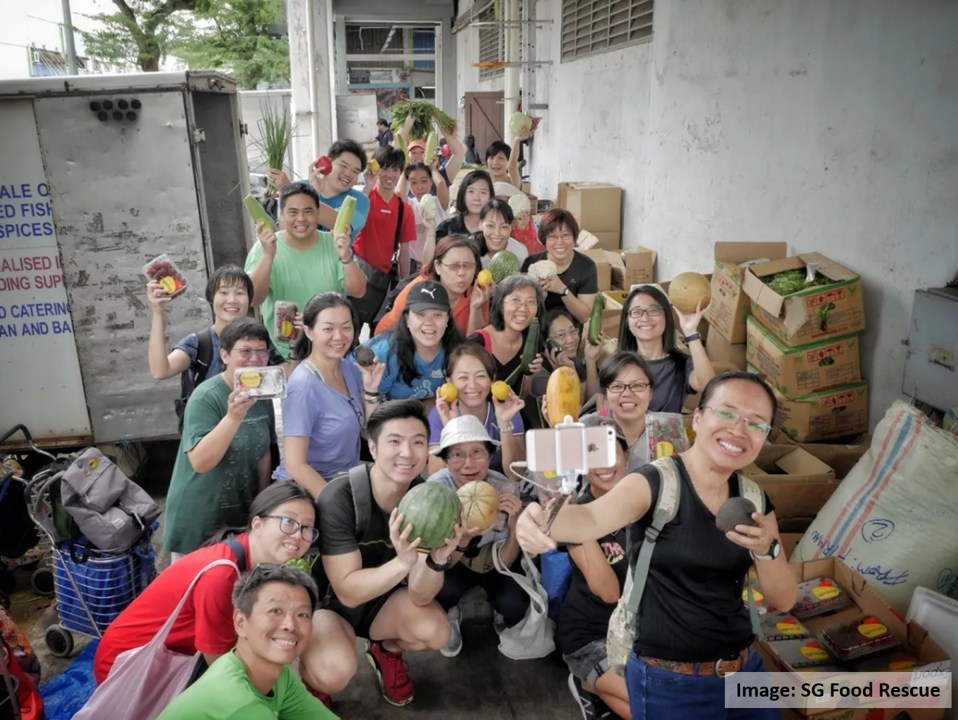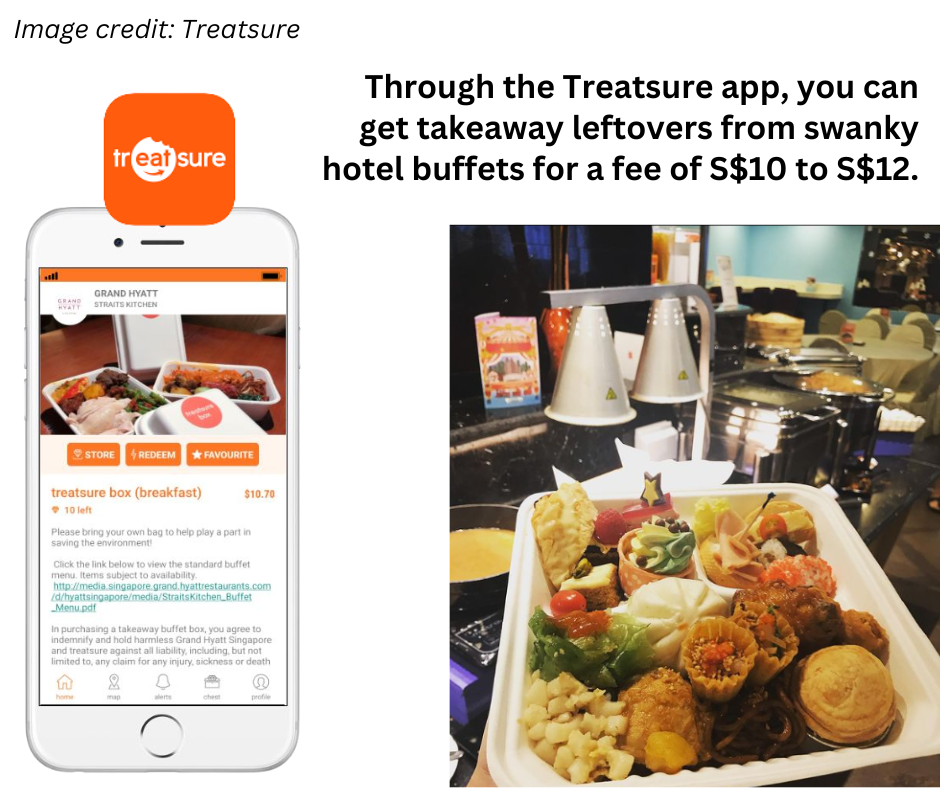Combating Food Wastage in Singapore


Every day in Singapore, we throw away more than 2,000 tonnes — that’s 2 million kilograms — of food. In 2021, we wasted 817 million kilograms of food from F&B premises, hawker centres, schools, households, hotels, malls, markets, and food manufacturers. This was 23% more than the 665 million kilograms generated in 2020, as economic activities picked up in 2021, as compared to COVID-impacted 2020.
Singapore is a country that has to import over 90% of our food supply and yet food waste is one of our biggest waste streams — and the amount of food wasted has grown by around 20% in the last decade.
Food waste makes up about half of the average 1.5kg of daily waste from each household here. Half of that food waste —mostly rice, noodles, and bread — could have been prevented, and only about 16% is recycled. This mountain of food waste puts pressure on our resources: we will need to build more disposal facilities, such as waste-to-energy plants and landfills for incineration ash. Not a sustainable solution in land-scarce Singapore.
How to tackle so much food wastage in our nation? #ChallengeAccepted — by developing a spectrum of initiatives: from turning food waste into fertilisers at HDB estates, to legislating on-site food waste treatment in public sector buildings, to reducing food wastage by having many food rescue operations across the nation. These are important components of our national waste management strategies to work towards Singapore becoming a Zero Waste Nation.
Veggie Rescue, for example, collects unsellable fruit and vegetables from suppliers to be donated to the people who can best use them — such as soup kitchens and charitable organisations. The programme is run by volunteers at SG Food Rescue. Another initiative is the Treatsure app, which connects consumers to F&B establishments that have food surpluses. Consumers can takeaway leftovers from swanky hotel buffets for a fee of S$10 to S$12.
When more food is wasted, more food has to be imported to meet the food demand which affects our nation’s food security. We can all play our part by not over-buying food, supporting food rescue groups and donating excess food via organisations such as the Food Bank, Food from the Heart, Fei Yue Community Services, and Willing Hearts.
🔗: https://www.towardszerowaste.gov.sg/foodwaste/
🔗: https://www.treatsure.co/

